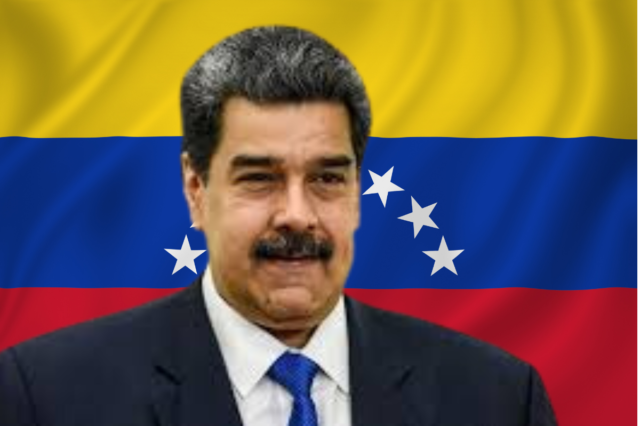The United States has escalated its efforts to apprehend Venezuelan President Nicolás Maduro by announcing a $25 million reward for information leading to his arrest. This announcement coincided with Maduro’s inauguration for a controversial third six-year term in office, which has been met with widespread condemnation from the international community and Venezuelan opposition leaders.
Increased Rewards for Key Officials
In addition to the reward for Maduro, the US has also offered rewards for other high-ranking Venezuelan officials. A $15 million reward has been placed on Defence Minister Vladimir Padrino, while Interior Minister Diosdado Cabello is also being sought for arrest or conviction. These rewards are part of the US’s ongoing campaign to hold accountable those in Maduro’s regime accused of corruption and narcotics-related crimes.
International Sanctions
The UK has joined the US in imposing sanctions against Venezuela, targeting 15 top officials, including judges and military leaders. According to the Foreign, Commonwealth and Development Office, these individuals are responsible for undermining democracy, the rule of law, and committing human rights violations. Foreign Secretary David Lammy labeled Maduro’s regime as fraudulent.
The European Union has also announced an extension of its restrictive measures against Venezuela due to the lack of progress in restoring democracy and the rule of law. Furthermore, Canada has implemented fresh sanctions, with Foreign Minister Mélanie Joly denouncing Maduro’s “shameless actions” and reaffirming Canada’s stance against the erosion of democratic processes.
Allegations Against Maduro
The US government’s reward for Maduro stems from narcotics and corruption charges dating back to 2020. Maduro and several senior officials have been accused of “narco-terrorism,” allegedly using cocaine trafficking to undermine American health. Maduro has consistently rejected these accusations, blaming the country’s economic collapse on US-led sanctions, which he labels as illegitimate.
Maduro’s Response and International Isolation
During his inauguration, Maduro vowed to bring peace and prosperity to Venezuela, claiming his new presidential term would represent a “period of peace, prosperity, equality, and the new democracy.” However, the July election results, which declared him the winner, have been widely disputed by the international community, including neighboring leftist nations Brazil and Colombia.
The inauguration was tightly controlled, with most accredited Venezuelan media excluded and foreign journalists barred from entering the country. Despite having some allies like Iran, China, and Russia, Maduro’s government finds itself increasingly isolated on the global stage. Only the leaders of Cuba and Nicaragua attended the inauguration.
The Opposition’s Stand
Opposition leader Edmundo González, who fled Venezuela in September and currently resides in Spain, has been recognized by many countries, including the US, as the legitimate president-elect. The Maduro government has issued an arrest warrant for González, offering a $100,000 reward for information leading to his detention.
The United Nations Secretary-General Antonio Guterres has called for the release of all individuals who have been “arbitrarily detained” since the elections, highlighting the ongoing human rights concerns in Venezuela.
Conclusion
The US’s substantial reward for Nicolás Maduro and the international community’s response through sanctions and statements reflect the serious implications of his continued rule. With mounting pressure from the US and its allies, the future of Venezuela remains uncertain as the regime grapples with internal opposition and external condemnation.











